11 Books I plan to read for the rest of 2025

The world is filled to the brim with insightful and life-changing books. Some books share world-changing stories, while others share insights on how life's potential can be harnessed. That's why it's not one's fault for wanting to read every book. However, it's important to realise that this impulse must be controlled. Though every book deserves to be read, not everything is worth "your" time.
That's the advice I got recently. Of course, it's not verbatim, but what I wrote above is the essence. After seeing the amazing books people keep sharing here or on Threads, I wanted to read everything I could get my hands on. Yet, in this run, I started missing out on most of the insights I could've gained while reading them.
That's why I returned to my board (or paper, in this case) and reworked what I wanted from life this year. And then comes the other and more serious issue, the lack of commitment.
The Issue of Accountability
As a frequent quitter, I want to ensure I read my chosen books. I asked around about different ways I could make this commitment. The answer that I love is to write. Writing is one amazing form of self-commitment. However, I am now sharing its social aspect here.
With the "why"s sorted out, here are the books and why I want to read them.
Book 1: The Dip, Seth Godin
This is the fastest book I've ever decided to buy. I just looked at what it was about and ran to the cash counter. Why? Well, this is a book about the thing I have wanted to tackle for a long time: Quitting. It's a short book, but its impact will be strong.

Book 2: Predictably Irrational, Dan Ariely
This is a book that I wanted to read for a long time. I've only read until the first chapter of the book, yet I realised that this would be different from everything I've read to date. And man, am I right? I am reading and could've speed-run it but am taking my time with it.

Book 3: Lean Startup, Eric Ries
This is one of those management books that I "have" to read someday. I added "have" because of the company I'm trying to build (along with my brother). We design products, especially finance products, that could help common people manage their finances and wealth better. This book was also recommended by many of the founders I want to meet someday. So, this was a no-brainer on this list.

Book 4: The Almanac Of Naval Ravikant, Eric Jorgenson
This book is one of those I want to challenge—the hype around this book and the cult-like recommendations on this one intrigued me. I want to check out why this is recommended by almost any reader I meet.

Book 5: The Hard Thing About Hard Things, Ben Horowitz
This is a book I bought, read till the first two chapters and stopped it because of those on Reddit. People bash the apparent "god-complex" of the author and his subtle and not-so-subtle self-hype. I stopped reading this because of those reviews. Yet, I failed to notice that the same reviews also mentioned this book's interesting ideas.

So now, I have to finish what I started, yet I can only push it down on the list because of the other books.
Book 6: How to Win Friends and Influence People, Dale Carnegie
I still don't understand why I've never read this book. I had a copy of this book for at least a decade. Yet, I never saw the need for better communication abilities till recently, i.e., till I started working as a data scientist. Now, I desperately seek communication tips because speaking to my colleagues and, even worse, to my boss's bosses is a nightmare.
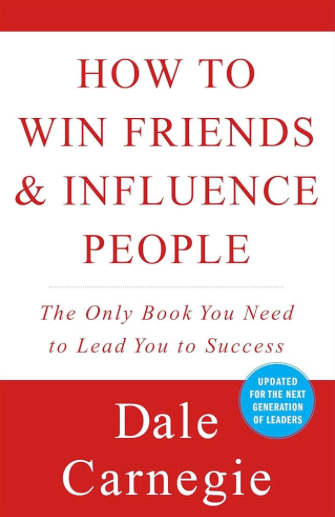
Book 7: Stumbling on Happiness, Daniel Gilbert
This was one of those books that an author I follow (Mark Manson) recommended in his recent video. This book supposedly explains how the brain structures the narrative to "feel" something as happiness and not the situations that make our brains feel happy. It was also written by a professor in psychology at Harvard, so I just jumped the gun and bought the book.
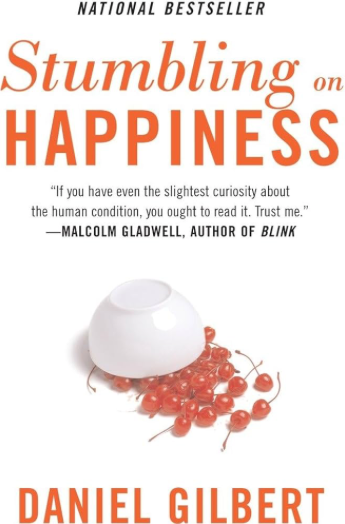
Book 8: So Good That They Can't Ignore You, Cal Newport
This is, in fact, my favourite book of Cal Newport. Even more so than his magnum opus "deep work". Why? This book came into my life at the right time, as I struggled to find my passion and wasted the best of my years. I always re-read it at least once a year and want to do the same this year.
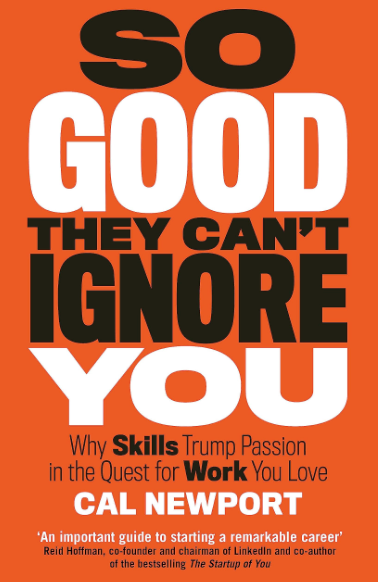
Book 9: Digital Minimalism, Cal Newport
Now, this is a book I've never even tried. Yet, I was only curious about it because of the author. The author is a computer science professor, yet he has written a book on digital minimalism. That made me curious, and it's high time I tackled that phone addiction of mine. So this is striking two birds with one.
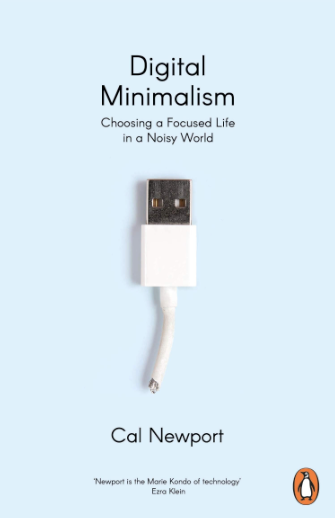
Book 10: Fooled By Randomness, Nassim Nicholas Taleb
The first time I heard about this book, I thought it was something like the "Predictably Irrational" book I mentioned above. Yet, the more I hear about it, the more I realise that it's different from that. It deals with how we overestimate the reasonings, i.e., stories we built to make sense of the world. It also deals with well-known concepts like "Survivor Bias" and our counter-intuitive beliefs.
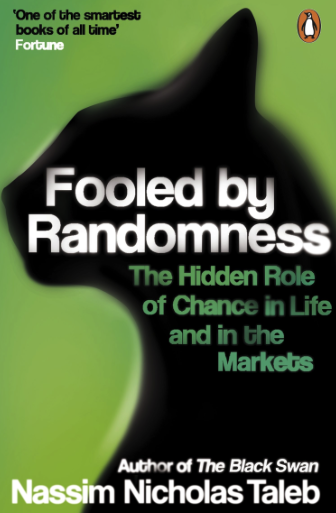
Book 11: Same As Ever, Morgan Housel
I have nothing to share about this book except that the author is my favourite. I loved reading "The Psychology of Money" and enjoyed listening to the podcasts he was in. Morgan Housel comes across as that one neighbour we all know, yet he was one of the few who acted on his principles. So, I am extremely interested in what he has to share now with "Same as Ever".
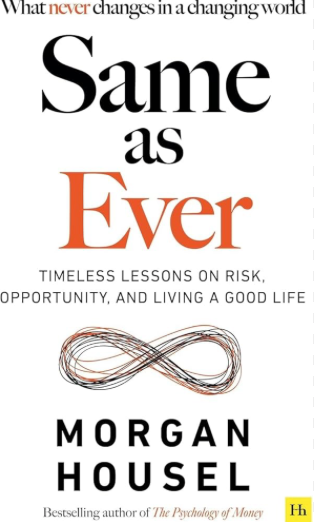
That's everything in my "Must-read" list for 2025. Of course, throughout writing this article, I came across more fascinating books. Some include Sapiens, Nexus, Why Machines Learn, Influence, Zero to One, etc. Yet I had the freedom only to choose 11, one for each month remaining.
Of course, there's no way I trust myself to stick to this routine. So, I'm going to make another commitment. Starting this week, I will summarise everything I've read every Sunday. Of course, sometimes I might write something early, but I will write one holistic summary on Sunday.
If you want to join me and follow along on this journey, give me a follow. (P.S. It's even better if you subscribe. You'll get those summaries directly in your mailbox.)
Thanks for reading till the end. Hope to meet you soon!